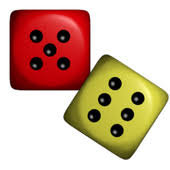Science > Mathematics > Statistics and Probability > Probability > Events and Their Types In the last article, we have studied the concept of the sample space. In this article, we shall understand the concept of events in detail. Concept of Event: Any subset of a sample space is called an event. The event is […]


